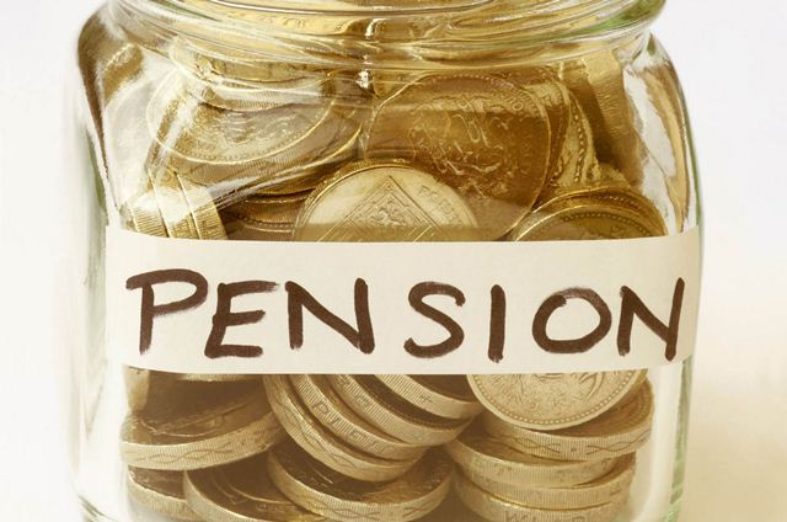
During recent times it has become more apparent how necessary it is to have a performing pension when discussing your retirement. The last few years of publicity on the matter has urged many people to get their pensions reviewed professionally or just to have a closer look at their plans themselves. Experts have said that up to eighty percent of Pensions are underperforming and with external factors such as life expectancy rising and the cost of living constantly increasing there has never been a better time to take a closer look at your financial plans for retirement. In the twenty-five years since personal pensions were introduced experts have said that the returns from paying in £200 per month into a pension would have varied depending on which plan you were in, with the returns ranging from £332,604, to just £57,459, clearly showing the stark differences between having a poorly performing pension and one that is working well.
Employees can be part of private pensions through work which they can be often unaware of, years along the line, and several jobs later, these can be lost and forgotten about along with the sums of money in them. So it is vital for people who have had several jobs to try and consolidate these and have them all combined in to one performing pension, this saves on administration fees and also makes your fund much easier to monitor and manage. Many people presume that as they are part of work based pension schemes that this does not affect them but I must stress that they can be just as vulnerable to be underperforming as private pensions if not more, as these companies take advantage of people that do not look at their plans very closely.
Employers will sometimes make contributions on your behalf, Will Aitken, senior consultant at Towers Watson, says: “Matching contributions from an employer is always good news. Someone getting a two-for-one match from their employer has probably quadrupled their money once we take tax relief into account.” These figures combined with much lower charges annually, make your pension a “money making machine”. This though is not what all employers offer and many people get no help at all. Hopefully you are one of the lucky few that is already receiving employer contributions to your scheme, however, if not, ask your boss if there is any help available as it may not be widely advertised across the firm.
Hidden charges are also an extremely important, and often overlooked, factor in the final value of your pension fund. For one reason or another there are extra charges that we are unaware of, and they are often more than you think. In some cases the company you are using can take a percentage cut of the pot each year, some even up to 1.5 percent, which put in money terms would change the return over fifteen years by up to fifty percent. This is a worst case scenario, in a high quality pension the fees are usually a fixed sum per year with maybe a bonus worked in if the fund performs particularly well. Taking a cut of the total fund is something that has to be checked, as this will wear down the value of your fund dramatically unless the provider is making massive gains on the fund value. As people do not always fully understand their schemes, they will trust their provider to give them the best possible deal as the companies involved are usually large household corporations, however, these companies will often take advantage of their good names and exploit their brand reputation to make as much profit as they can.
This article has outlined some of the key issues as to why pensions are underperforming, and how important it is to have a performing pension, hopefully this will spur people to have a much closer look at their retirement financial plans and make sure they are not burying their heads in the sand when it comes to their financial future.



